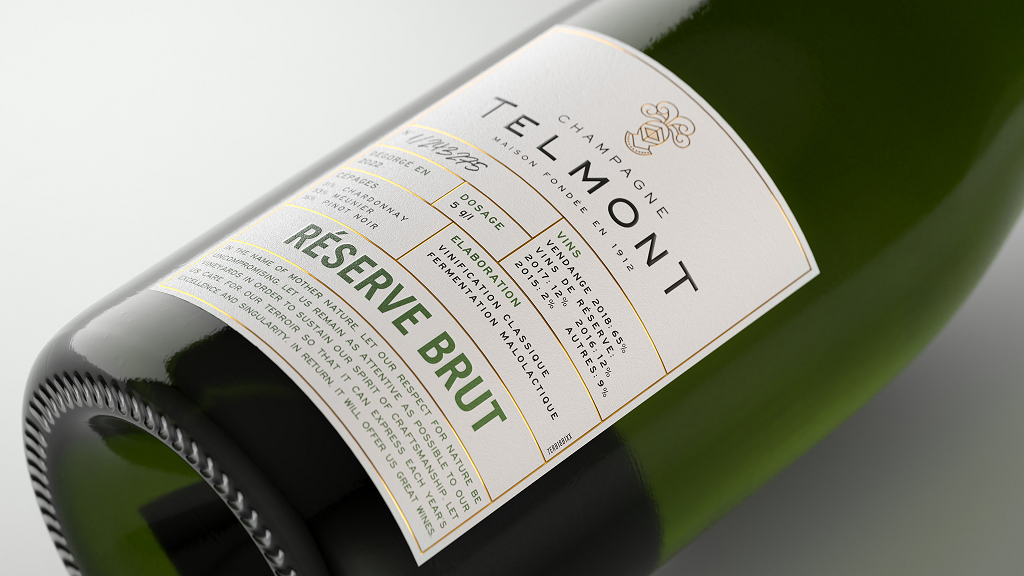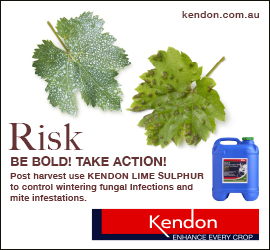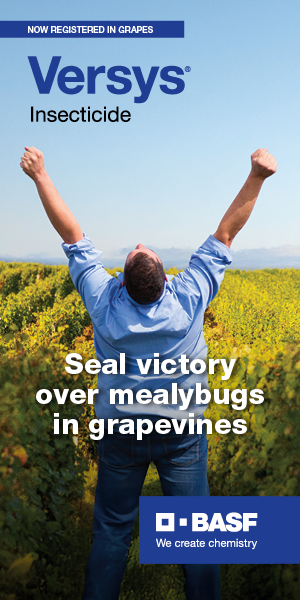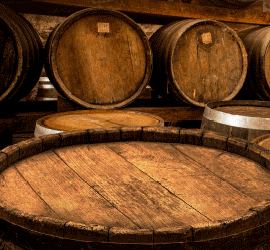Image courtesy Champagne Telmont
Champagne producer, Telmont, has made progress towards environmental sustainability through the project ‘In the Name of Mother Nature’. The company hopes to become “climate positive” by 2030 and “net positive” by 2050.
These goals involve reducing greenhouse gas emissions, offsetting more greenhouse gases than emitted, and adopting sustainable practices throughout its operations. The company believes that urgent action is necessary to address the pressing challenges faced by our planet, and shows its commitment through tangible objectives, such as organic conversion and reducing packaging.
Today, 72 per cent of Telmont’s 24.5-hectare estate is dedicated to organic agriculture or in the process of conversion. They aim to convert 100% of its cultivated areas, including the Telmont Estate vineyards and those of its partner winegrowers, to organic agriculture by 2031. This commitment represents an increase from the current 49% already certified or in conversion.
Additionally, Telmont recognises a thriving ecosystem is essential for long-term sustainability and seeks to foster biodiversity within its vineyards. Over the next three years the company plans to plant 2,500 shrubs to create insect hotels, which will help preserve species’ diversity and promote sustainable carbon binding.
Breaking the traditional codes of Champagne, Telmont has eliminated the use and production of all gift boxes and outer packaging and will only offer recyclable silk paper bags.
Telmont will also adopt the lightest Champagne bottle ever, weighing only 800 grams. This initiative comes after the Champagne house alongside other producers reduced the weight of their Champagne bottles from 900 grams to 835 grams. Each Telmont bottle is also individually numbered to allow easy tracking of its production journey for the consumer.
Are you a Daily Wine News subscriber? If not, click here to join our mailing list. It’s free!





















